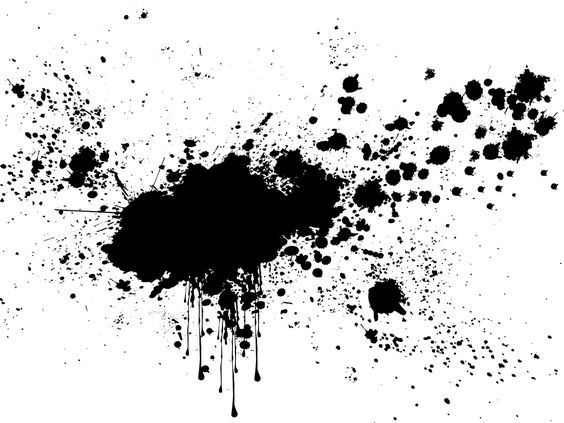“A Counterpoint to the Sum of Stupidity, or, How to become a Daimonic Genius. Joséphin Péladan’s curriculum for self-initiation as an Ariste


Note: Due to personal circumstances I was not able to attend in person, and am grateful to ESSWE organisers for allowing me to present remotely.
Sasha Chaitow PhD, for the 9th Biennial Conference of the European Society for the Study of Western Esotericism: Western Esotericism & Practice, Malmö University, June 26-28, 2023.


Abstract
In his 7-tome series of manuals for self-initiation Amphithéâtre des Sciences Mortes, Joséphin Péladan (1858-1918) defines the initiatory aim of a Mage as auto-magification, which he describes as “the art of sublimation of man.” He then offers minutely detailed steps to reshape one’s everyday life so that esoteric practice is built into every activity.
If successful, the initiate may, if they wish, proceed to the next initiatory level of the Ariste: one who is excellent in all things and able to “experience the sentiment of sensing God in all things.” The practice of the Ariste is aestheticism , which he defines as “the quest for the Divine through nature and humanity…seeking to perceive the echo of eternity.” The ultimate aim, he explains while identifying historical artists and philosophers as incarnations of the Watcher Angels of Enochian lore, is to develop in oneself the daimonic faculty through becoming their disciples.

Péladan then crafts a stepwise, graded esoteric-aesthetic curriculum reflecting the evolutionary role of the arts in human development. Noting that this is superior to gnosis and plays a fundamentally different social and occultural role, he provides a list of questions an initiate must be able to answer in order to claim such a title, culminating in the instructions: “Operate in the analogical frame of mind; read Plato, Spinoza, Lacuria, understand them fully and without more effort than your current reading.”

This paper presents entirely new, unpublished material on Péladan’s initiatory curriculum. It will first present the core structure and content of Péladan’s system, noting its implications for the intersection of esotericism with the arts. This is framed by the larger question of self-initiation within Rosicrucianism – Péladan’s main esoteric influence, and contrasted with the more prominent initiatory traditions of the fin-de-siècle. It concludes with a few thoughts on the challenges and implications of studying such material within the academic setting.
Bio note
British-Greek artist, author, and cultural historian Dr Sasha Chaitow is the author of research studies Atalanta Unveiled: Alchemical Initiation in the Emblems of the Atalanta Fugiens (Attic, 2020) and Son of Prometheus: The Life and Work of Joséphin Péladan (Theion, 2022), Series Editor of The Leon Chaitow Library of Bodywork and Movement Therapies (Elsevier), and has contributed book chapters to several scholarly volumes in esoteric studies. She has published numerous articles in peer reviewed journals and a variety of international magazines. Sasha is currently working on a three-part anthology of Péladan’s work for Theion Publishing.
Sasha has taught at universities and in adult education for over 20 years. Her most recent taught courses (2020-2023) include Introduction to the Academic Study of Western Esotericism; Secrets of Greek Sacred Art; Hesiod’s Theogony; and Péladan’s System for Self-Initiation for Treadwell’s Events (London); Esoteric Visual Languages and The Occult Power of Greek Icons for Morbid Anatomy (New York), and Critical Research Appraisal; Scientific Research Development for Physiotherapists (University of Patras, Greece).


